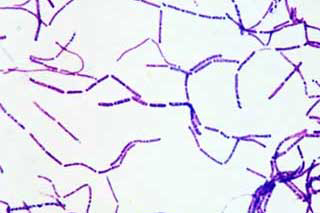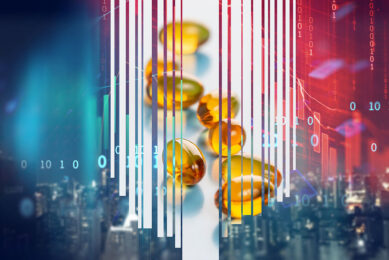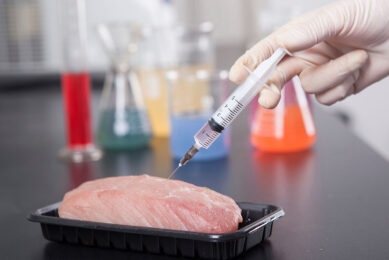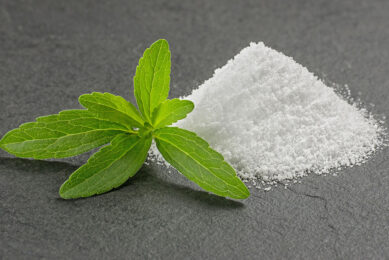Vitamin B from genetically modified source considered safe

A vitamin B source made out of genetically modified bacteria is considered safe for the use as feed additive. This is the conclusion of a scientific opinion, done by FEEDAP, the scientific panel of EFSA.
Riboflavin, also known as vitamin B2 is an easily absorbed micronutrient with a key role in maintaining animal health. Following a request from the European Commission, the Panel on Additives and Products or Substances used in Animal Feed (FEEDAP) was asked to deliver a scientific opinion on the safety and efficacy of vitamin B2 in the form of riboflavin produced by Bacillus subtilis as an additive to feed and water for drinking for all animal species and categories.
The additive riboflavin (80 %) is produced by fermentation of a genetically modified Bacillus subtilis strain. Neither the production strain nor its recombinant DNA was detected in the final product. Therefore, the final product does not give rise to any safety concern with regard to the genetic modification.
Furthermore, the additive is considered safe for the target animals with a wide margin of safety provided that the current use levels for riboflavin are not exceeded and is regarded as an effective source of riboflavin in covering the animal’s requirement when administered orally. Setting a maximum content for riboflavin in complete feed is not considered necessary. Toxicological studies with the additive under assessment show that it has a low toxicity and the use of the additive in animal nutrition will not significantly alter the riboflavin content of food of animal origin. It was also found that the additive poses no risk to the environment.
The FEEDAP Panel considers that the use of the additive in animal nutrition is not of safety concern for consumers. However, handling the ingredient may be an irritant to skin, eyes and the respiratory tract although it is unlikely to cause skin sensitisation, according to FEEDAP.
Join 26,000+ subscribers
Subscribe to our newsletter to stay updated about all the need-to-know content in the feed sector, three times a week. Beheer
Beheer









 WP Admin
WP Admin  Bewerk bericht
Bewerk bericht